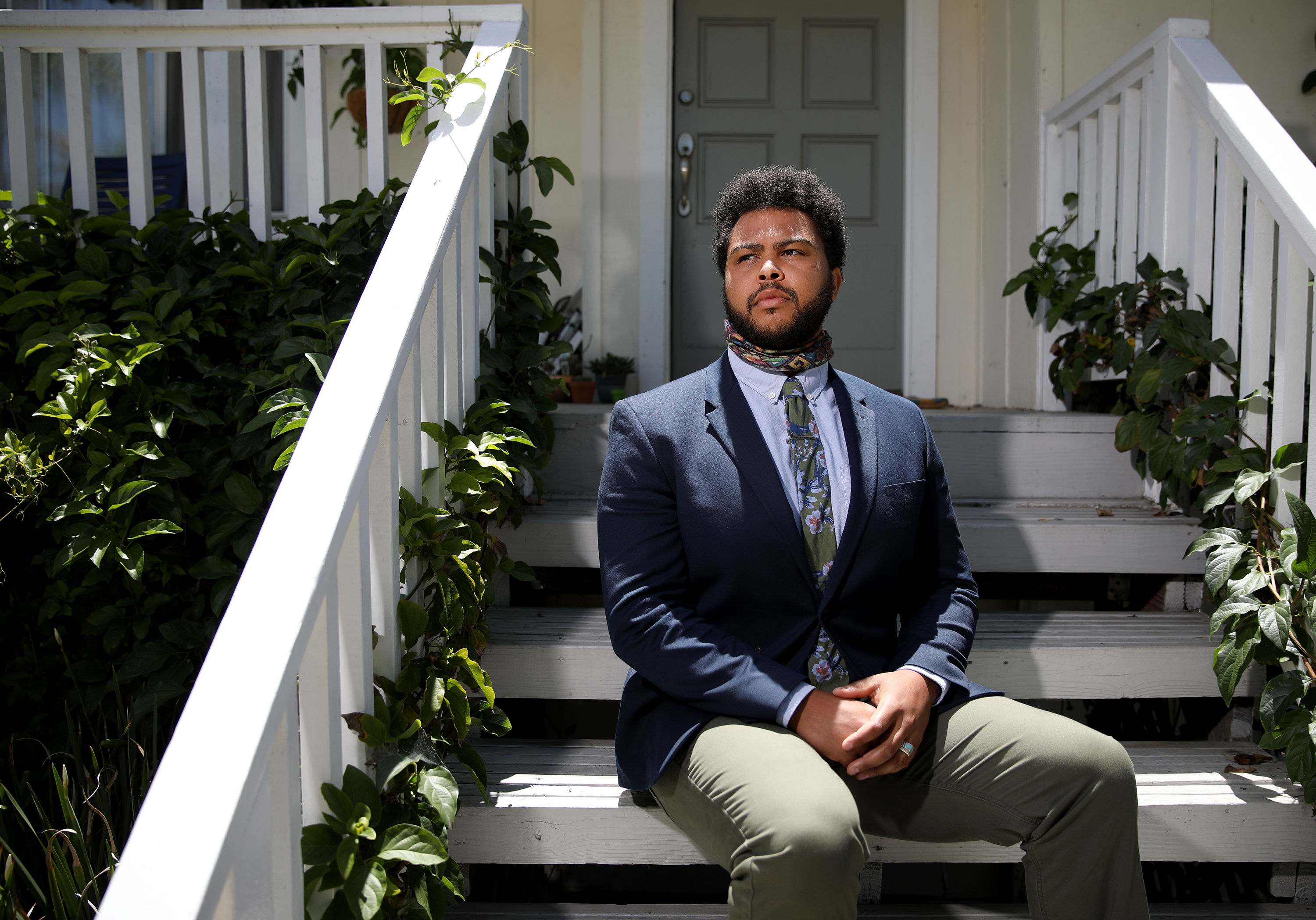Juneteenth Is My Independence Day
Celebrating Our Ancestors With a Virtual Festival

The enduring legacy of slavery, a system that criminalized and exploited Black people, is evident in the persistent inequity, racism, and injustice afflicting our nation.
Despite the signing of the Emancipation Proclamation in 1863, some states invested in the industry of slavery with active resistance to the emancipation of Black people. It was not until Union General Gordon Granger arrived in Galveston, Texas, on June 19, 1865, and enforced the Emancipation Proclamation that the last enslaved African Americans were free. As a Black and Queer man, I often think about how my Ancestors must have felt as they processed the meaning of freedom and how they rejoiced in celebration.
Get the top stories in your inbox by signing up for our daily newsletter, Indy Today.
The Fourth of July was my favorite holiday growing up. The fireworks, the summer vibes, and what felt like unity among a large nation. In grade school, I was taught about the Declaration of Independence and how our founding fathers fought for freedom — “No taxation without representation” still rings in my mind. I recall flipping through my history books to find one paragraph about my people being enslaved, and a small section on the civil rights era, which I was made to believe was eons ago. I did not learn of Juneteenth until I was in my late twenties, and that was by design.
Juneteenth is now my Independence Day, my favorite holiday. On this historic day, my Ancestors were acknowledged for their humanity, and their survival offered me the opportunity to become their wildest dreams.
I am a proud cofounder of Juneteenth Santa Barbara, along with my mentor friends Simone Ruskamp and Chiany Dri. Our first Juneteenth event was celebrated at El Centro, a small but mighty community center. We brought home-cooked soul food and shared Black joy through our programming. The following year, we partnered with the Santa Barbara Public Library, where our event grew to 400 people, I still cooked my mac-n-cheese (well, a combination recipe between my mother, her sister, and myself), and we showcased the Santa Barbara Black community in full.
This year, to protect our Black community — which has been disproportionately affected by COVID-19 — we have turned our event into a virtual festival. We will not allow the Rona to stop our celebration and our continued fight for justice and Black liberation. This shift in venue has offered us a unique opportunity to archive our living legacies. The Digital Diaspora celebration will feature an array of videos of Black community members sharing their stories, showcasing their work, and highlighting our collective histories. Black artists, poets, and professionals have offered to share their crafts, and we will make these videos available through our website, Facebook, and Instagram accounts.
Community organizations and businesses to be featured include Black Rock Coalition, Coffee with a Black Guy, Comfort Food, Cresco Labs, Endowment for Youth Committee, El Centro, Flourish Psychology Co., Healing Justice: BLM SB, Luna Bella, Martin Luther King Jr. Committee, Monkeytail Intelligent Exercise, Moore on Health, Pura Luna Apothecary, Santa Barbara Young Black Professionals, and so many more.
We invite you to join us in community on Friday, June 19, for Juneteenth Santa Barbara’s Digital Diaspora and Santa Barbara Celebration of Black Histories and Futures.
Join us at juneteenthsb.com.
Jordan Killebrew is a cofounder of Juneteenth Santa Barbara. He is a community organizer that has an abnormal love of the community, especially in Santa Barbara. His day job is at the Santa Barbara Foundations while his free time is spent volunteering with local nonprofits. He is a graduate of the University of California, Santa Barbara, and he revels in the pride of being a Gaucho alum. Learn more about him at jordankillebrew.com.



